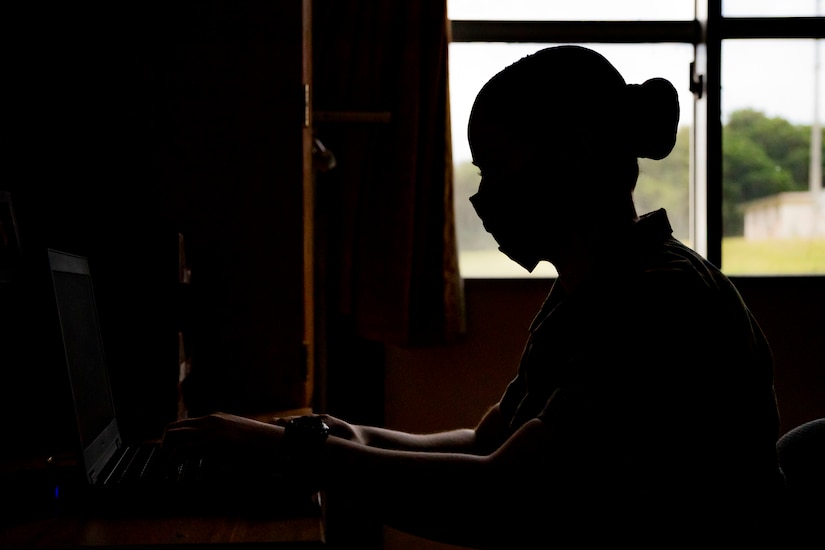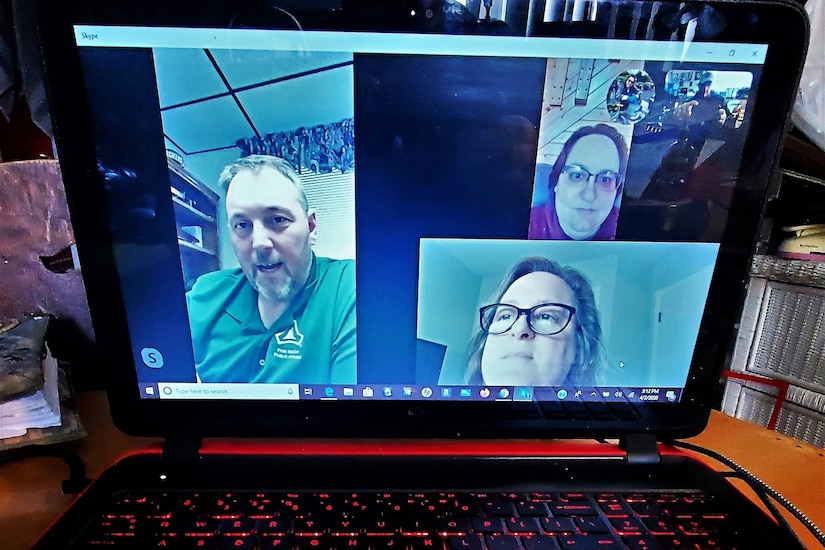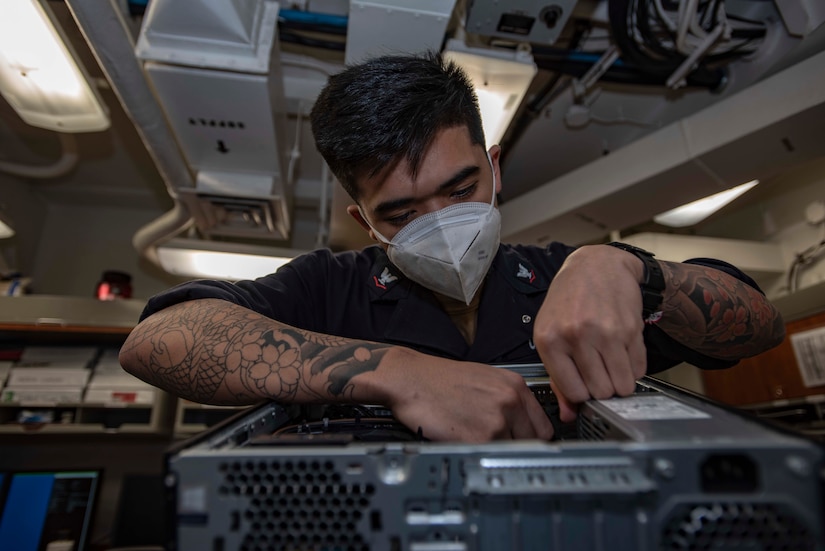Sherman virtually spoke to the FedScoop Red Hat Government Symposium today.
He gave a bit of background on the DOD's response to the coronavirus and charted the path forward with digital modernization implementation. "Our focus is on activities to empower our workforce during this critical time and to posture the department for future mission success," he said.
COVID-19 challenged the DOD to act and innovate quickly. "Like many crises before, COVID has forced innovation and new ways of thinking that might not have otherwise been brought to bear, at least not so quickly," he said.

Stay-at-home orders and social distancing forced the department to adapt in many areas like flexible collaboration capabilities, more robust networks and implementation of new principles like zero trust. The DOD had to enable new ways to work outside the office.
And it did. "The speed of innovation also demonstrates what the department can do when pressed," Sherman said. The speed of innovation was built on the three directives to the department: protect the workforce, continue the mission, and support the whole-of-government response. Digital solutions were key to enabling all of these.
All parts of the department collaborated, and Sherman particularly praised the work of the Cloud Computing Program Office, the Defense Information Systems Agency, U.S. Cyber Command, the Joint Staff and the military departments. These organizations responded by deploying the commercial virtual remote capability based on Microsoft Teams. Made available in mere weeks, CVR is now used by over a third of the department, with over a million active users, the deputy said.
"CVR has enabled telework by providing a capability to hold group calls, form virtual teams and host video conferences," he said. "All of this involved DOD users being able to communicate with others, not on the Department of Defense Information Network and, crucially, with government-furnished equipment or their own devices."

This provided flexibility for DOD personnel who are working from home, but also for those supporting crisis operations, such as National Guard members deployed around the nation to support COVID response activities, he said.
CVR has been extended through June 2021. "However, CVR does not currently operate at the level we need over the long term to ensure proper safeguarding of our sensitive information," he said. "We've always known we need to transition to a capability at a higher security level."
Through this process, cybersecurity was not ignored and DISA, U.S. Cyber Command and the National Security Agency combined to mitigate risks and deal quickly with threats. "Ensuring our workforce is aware of these threats and being able to respond quickly when problems do occur have been critical to staying in front of these types of incidents," he said.
Still, the commercial virtual remote was never intended as a "forever" solution and the department is working to define what the enduring capability will be. "We want a solution with more robust security hosted on a government enclave cloud environment," Sherman said. "We also want the functionalities of CVR, such as bring-your-own-approved device, and an ability to communicate with users not on the (DOD network) and with users operating in the current environment."
Sherman stressed the part the zero trust will play in the department's digital modernization implementation.
"I've heard much about zero trust from a conceptual perspective, and I've always appreciated what it really means — namely not just trying to stop threats at the perimeter, as has been the default for so long," he said. "Rather, we should use more holistic access standards and verify identity and other aspects at every point in the process."

Implementing zero trust concepts is foundational to enabling the DOD "to craft an up-to-date, effective solution that entails CVR-like capabilities," Sherman said.
This is not easy and there has been constructive dialogue among the various agencies. Sherman said this is a good thing to happen. "Innovation isn't born out of groupthink," he said.
The pandemic forced the department to confront these challenges. "This crisis has forced us to think differently, and at an accelerated pace, in a way that is certainly going to put us into a more capable and advanced position than we were a year ago," he said.








No comments:
Post a Comment